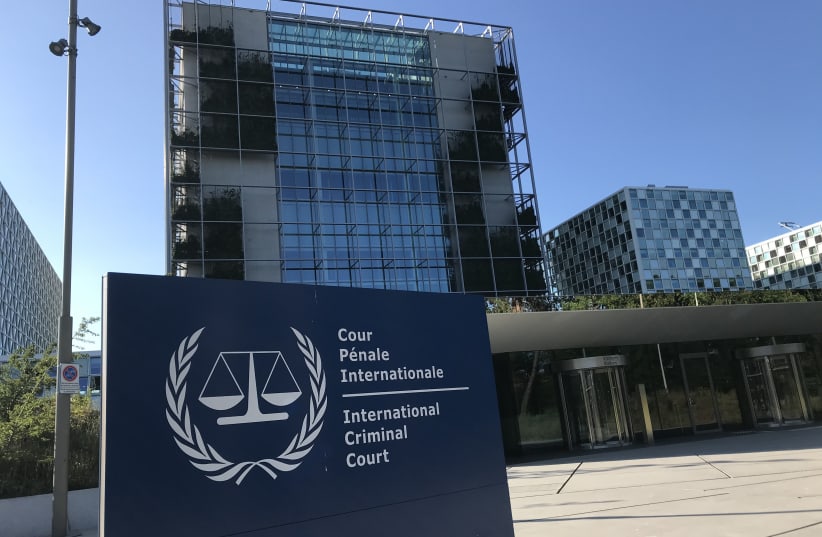The International Criminal Court appeals chamber on Thursday reinstated a closed war-crimes probe against the US for the alleged systematic torture of detainees in Afghanistan.
While every case is unique, the decision puts Israel on notice that the ICC’s top court is ready to expand its jurisdiction to nontraditional war crimes and bang heads with the US.
On December 20, the ICC prosecution requested that the ICC pretrial chamber endorse a full criminal probe into alleged war crimes by Israel and Hamas from the 2014 Gaza War and by Israel with regard to the settlement enterprise.
The ICC pretrial chamber is expected to decide sometime after March about whether the ICC prosecutor has jurisdiction to move forward with this probe.
A decision propelling forward a probe against the US for seemingly “less serious” crimes, such as torture, would appear to signal a greater likelihood the ICC will approve a probe against Israel relating to the deaths of 2,100 Palestinians (of which 50%-80% were civilians).
On April 2019, the lower ICC pretrial chamber ordered the ICC prosecutor to close the probe, saying the investigation did not comport with the mission to pursue cases “in the interest of justice.”
In that ruling, the lower ICC court said since the US was refusing to cooperate and the ICC prosecutor would not be able to obtain evidence to make a proper case, the prosecution’s resources would be spent better in other cases.
On Thursday, the ICC appeals chamber said by evaluating the issue of “interests of justice,” the lower court went too far in analyzing the prosecution’s decision.
Rather, the top ICC court said at this stage of a probe, the lower court should have deferred to the prosecution’s view of whether the interests of justice would be served by going forward with a criminal probe.
The ICC prosecution decided in November 2017 that there was a basis to criminally probe the US for torturing Afghan detainees.
Despite multiple investigations regarding the issue by the US, the prosecution found those probes were administrative in nature and did not fulfill the US duty to fully criminally probe the charges.
Then US president Barack Obama decided not to criminally probe the issues as part of an effort to heal heated internal fighting between Democrats and Republicans and within the intelligence community about backing its handling of terrorists in the post-9/11 era.
When the ICC lower court closed the case in April 2019, many commentators said it did so under the threat of US sanctions (withdrawing visas and other measures) against the ICC.
However, the ICC top court’s ruling on Thursday sends the ICC back into battle with the US over one of the most controversial aspects of the post-9/11 era. This is in a time period when US President Donald Trump has vehemently condemned any ICC “interference” in US affairs.
Israel can still hope to convince the ICC there is no State of Palestine or that its criminal probes of allegations against its own soldiers should get it a pass even as the ICC goes after the US.
The ruling seemed to indicate that the ICC’s top chamber is ready to take an expansive understanding of its jurisdiction and disregard the diplomatic consequences of going after the world’s superpower.
